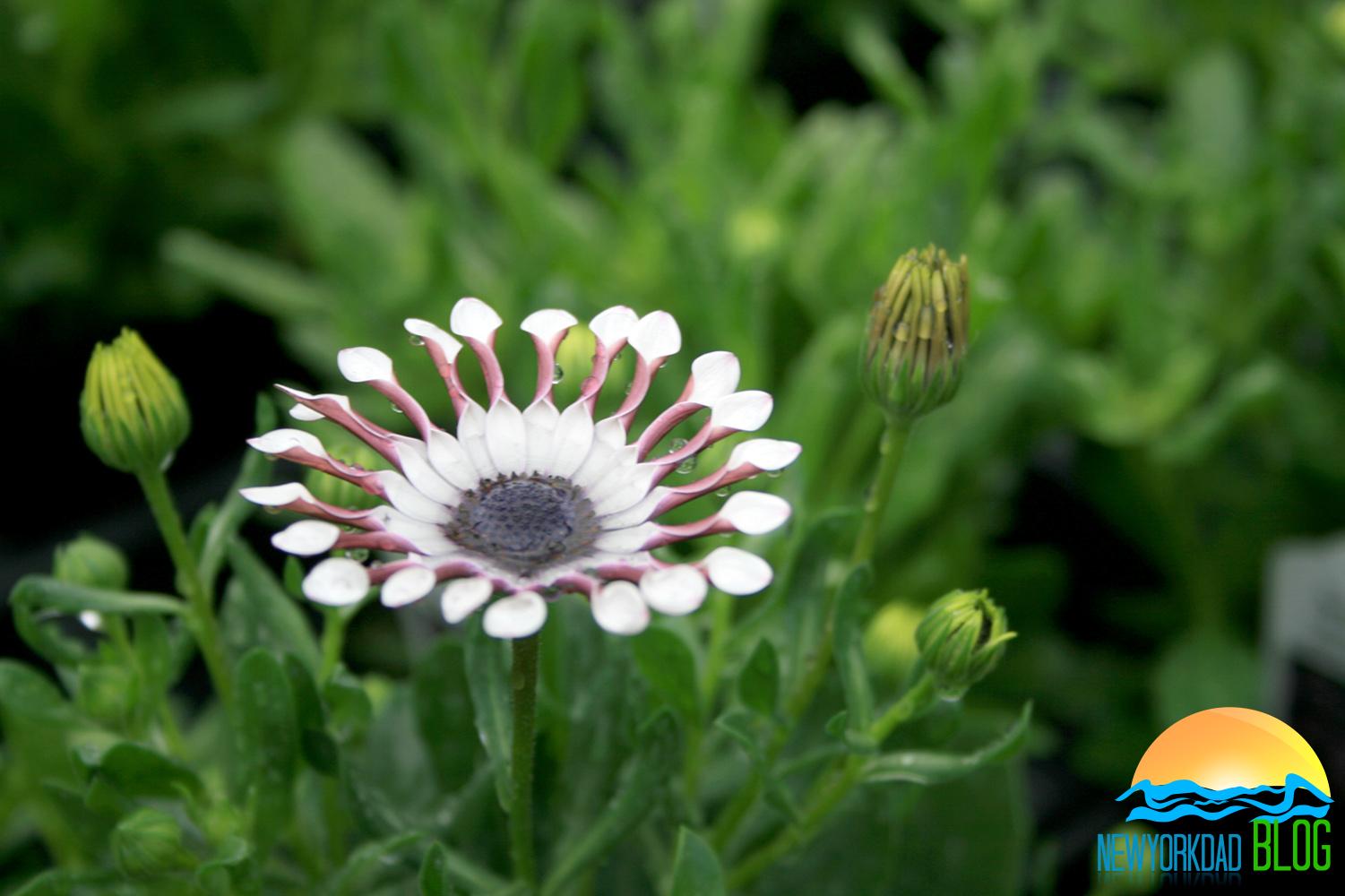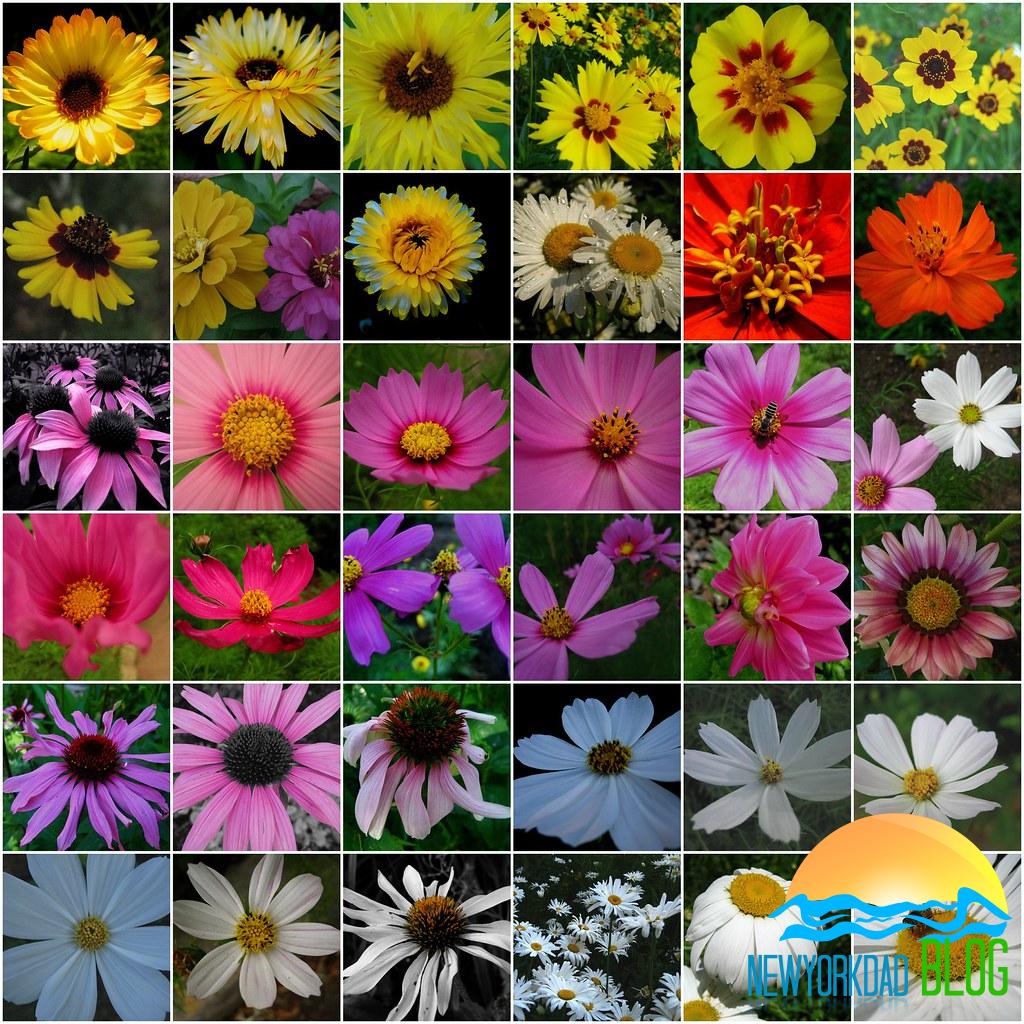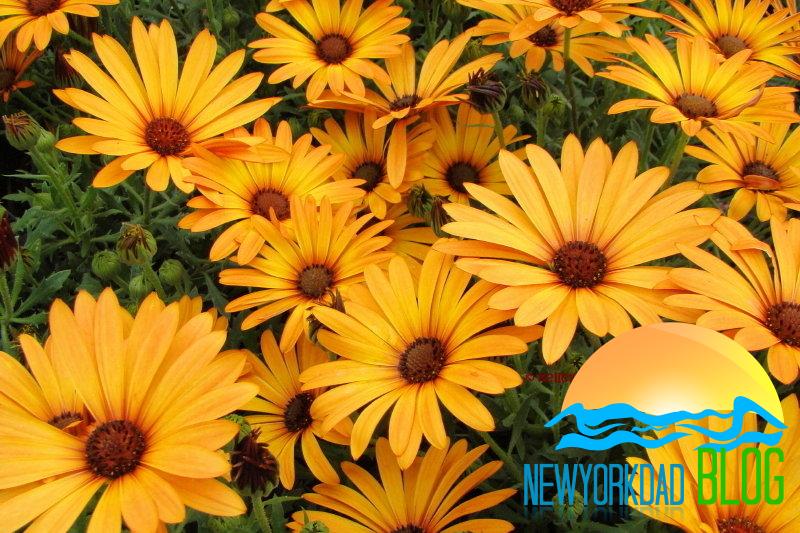
Whether you are looking for the right type of African Daisy to plant in your garden or you simply want to know about the different varieties of daisies, there are many reasons to learn about these flowers.
Copper apricot
Generally, African daisies grow best in warm, well-drained soil. They prefer a pH range of 5 to 5.5. They also prefer a soil with a high nutrient content.
African daisies are a great plant to have in the garden. Their color and texture add a lively element to any garden. They’re a perennial that can tolerate a variety of soil types and temperatures. They’re ideal for mass planting and rockeries. They’re also very low-maintenance. They don’t tend to wilt or develop pest problems. They’re able to withstand a variety of weather conditions, including frost.
In addition to their bright colors, they’re very heat-resistant and drought-tolerant. They’re also resistant to insects, though you can control aphids by using insecticidal soap.

Gerbera
Known botanically as Gerbera jamesonii, this daisy is native to South Africa. This flower is commonly sold in garden centers in the spring. This plant grows to three feet and adds splashes of color to your outdoor landscape. In warmer climates, Gerbera daisies can be used as houseplants. In addition, they can be grown as perennials in zones eight and above.
A member of the sunflower family, the Gerbera is widely used as a decorative plant.

It is also popular as a cut flower.
Gerberas are easy to care for as houseplants. They require light, but do not like extreme heat. If kept in the right lighting, Gerberas will bloom for much of the year.
English Gebera
Originally native to Southern Africa, the African Daisy is a tender perennial plant that is grown as an annual in climates with cooler temperatures. It has a rapid growth rate and is able to survive in dry conditions. Among its many varieties, there are white, pink, purple, orange, and a host of other colors.
The flowers of the African Daisy are clustered and burst from the plant each morning. The outer petals are showy, and the center is compact, with a “eye” surrounded by short white hairs. It is a symbol of sun, merriment, and good bye.
The African Daisy is a low maintenance plant that requires regular watering and a rich soil. It can also be propagated by cuttings and seedlings. It thrives in most soils and is a great choice for a garden or flower bed. The foliage is silvery gray and the flowers are bright and colorful. The leaves combine well with other flowers in your garden.
Spreading daisies everywhere
Whether you are planting an African Daisy as a border plant, in a pot, or on a balcony, you will be pleased with its blooms. In addition to its flowers, it also has attractive leaves that range from lance-like to spoon-shaped.
The African Daisy is native to Africa, but is now grown as an annual in other climate zones. It is a member of the Asteraceae family. It is a flowering plant that is easy to grow.
African Daisies can be planted outdoors, but they do best in containers with a good drainage system. They prefer a soil that is slightly acidic, with a pH of about five to six. They also like a well -drained soil that has a slight amount of organic matter. They can tolerate some humidity, but they are not tolerant of extreme heat.
Pests and diseases
Unlike many other flowers, African daisy is highly resistant to most diseases and pests. The flowers are also heat-tolerant, making them perfect for growing in areas that are hot and dry.
A few insect pests are occasional issues with Cape daisy, but they are usually not a major problem. The most common is the aphid. Its larvae can damage the plants by sucking sap from them. If the aphid population is large, it can cause yellowing of the leaves. You can control the aphid problem with neem oil or insecticidal soap.
Another insect that can damage the plants is the earwig. These are tiny, cigar-shaped insects that are found on plant heads. They feed on the plant contents, and can also transmit viruses to the plants. They are a common garden pest, and they can be controlled with olive oil or soy sauce traps.
Soil requirements
Getting the right soil requirements for African Daisy can help you grow a healthy plant with beautiful flowers. The plants are hardy, drought resistant and easy to maintain.
They are native to South Africa, and are found in sandy and rocky areas. They prefer an acidic soil with a pH of 5 to 5.5. They tolerate some humidity, but will not thrive in clay soils.
When planting African Daisies in the garden, water them once a month with a water-soluble fertilizer. The roots are sensitive to overwatering and will rot if the water is not removed from the soil. They can tolerate some humidity, but do not like water to get on the leaves.
